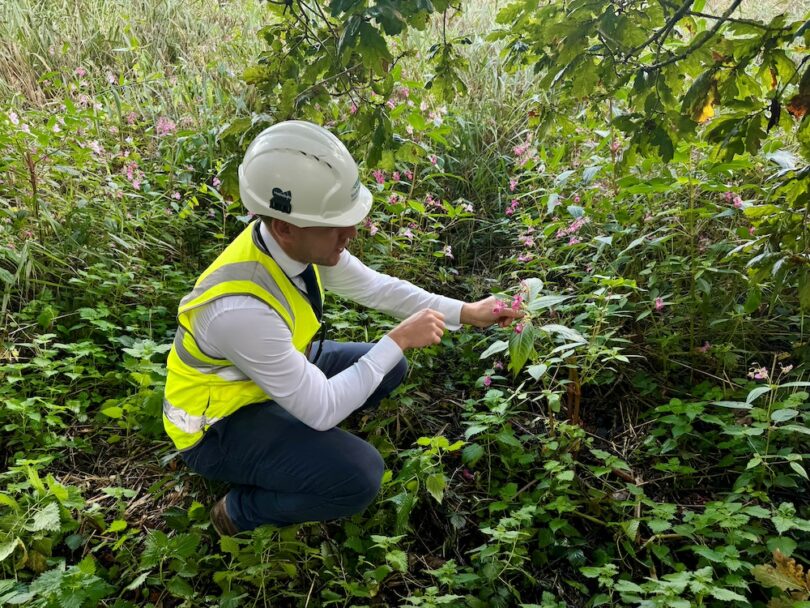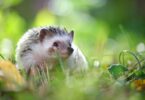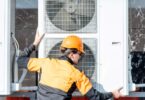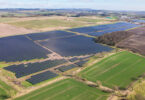South West Water’s Invasives Training and Awareness Officer, Marcus Brown, explains why tackling invasive non-native species is so important and how we can help stop the spread to protect our native species across the South West
Marcus Brown’s journey in the water industry and his introduction to invasive non-native species started 15 years ago while managing a nature reserve at one of the wastewater treatment works he operated.
It was during this time that Marcus discovered Himalayan balsam growing rapidly on a nature reserve at Crediton sewage treatment works which was smothering other vegetation on the site. Marcus worked hard over 3 years to successfully eradicate the species from the site.
It was this experience which in 2023 inspired Marcus to join South West Water’s talented Invasive Species Team where he found his passion.
“It’s the best job I’ve ever had,” Marcus says. “I get to do an incredible variety of work – one day I can be at one of the region’s reservoirs carrying out surveys for invasive species, and the next day I could be standing up in front of a room full of people to raise awareness about invasive species.”
Invasive non-native species are animals, plants, fungi, or microorganisms that have been introduced to areas by humans intentionally or unintentionally, where they would not naturally occur. They can have a negative impact on our environment, economy or health.
As well as helping to educate colleagues across South West Water Marcus regularly attends wildlife festivals, roadshows and county shows to talk to the public about how to identify and report them.
South West Water has a legal obligation to control the spread of invasive species, but Marcus explains that this is not the only reason for his work.
“As a large landowner, we have a responsibility to protect and enhance the sites we own, and that includes our local wildlife,” Marcus says. “It’s simply the right thing to do.
“Invasive species can also have health and safety implications, and can impact our operations and operating costs too, so there’s lots of reasons why we put time and effort into managing and raising awareness of them.”
The invasive species that are a top priority for South West Water are the American signal crayfish, Ruffe – a predatory type of freshwater fish considered invasive in Devon and Cornwall, Japanese knotweed and Himalayan balsam. These species can prey on or outcompete our native plants and wildlife and also affect things like water quality.
South West Water is one of the water industry leaders when it comes to tackling invasives. It was the first water company to create a dedicated invasives position and now has the largest invasives team. The company was also the first to commit to tackling marine invasives.
The invasives team is trialling all sorts of novel methods to help control the spread of INNS, from commissioning an underwater filmmaker to carry out surveys, to using specially trained detection dogs that can sniff out invasive crayfish. The team have also been installing washdown facilities at some of the company’s reservoirs to encourage the public to clean their watercraft before and after use to prevent introducing new invasives or spreading them to other areas.
This work needs a collaborative approach though and here are lots of things the public can do to help, Marcus explains.
“There are some really simple steps that people can take to help control invasive species. If you see something that looks strange or like it doesn’t belong there, you can report it to the county record centre. Cleaning your boots off before walking in new areas and washing down watercraft and angling kit before and after use are also really important steps you can take. You could be harbouring an invasive hitchhiker which may be unintentionally spread to a new area.”
Ultimately, Marcus is proud of the work he and his team do to safeguard the environment, not just here in the region but further afield.
“It’s the proudest I’ve ever felt in a job,” he says. “Knowing I am making a difference, and that the work I do can not only have a positive impact locally but can help protect nature on a wider scale by preventing invasive species from spreading further afield is really rewarding.”







